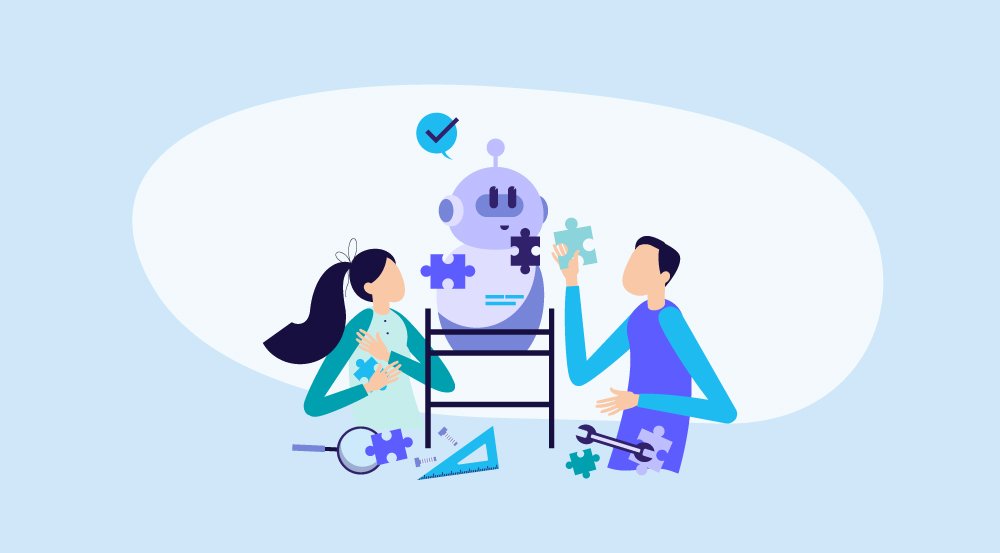The AI Revolution in HR: Transforming People Management for the Better
In recent years, artificial intelligence (AI) has emerged as a game-changing technology across industries, and Human Resources is no exception. As we dive into 2024, it's clear that AI is revolutionizing the way HR professionals work, bringing unprecedented efficiency, insights, and opportunities to the field. Let's explore how AI is benefiting HR and why it's becoming an indispensable tool for modern people management.
The AI Boom in HR
The adoption of AI in HR is skyrocketing. According to a recent survey by Eightfold AI, an overwhelming 92% of HR leaders plan to increase their use of AI in at least one area of HR. This surge in AI adoption is not just a trend; it's a fundamental shift in how HR operates.
Supercharging Efficiency and Productivity
One of the most significant advantages of AI in HR is its ability to dramatically improve efficiency. AI-powered tools can automate time-consuming, repetitive tasks that have traditionally bogged down HR departments. The Eightfold AI survey revealed that HR departments are already leveraging AI technology in various functions. Employee records management leads the pack with 78% adoption, closely followed by payroll processing and benefits administration at 77%. Recruitment and hiring, performance management, and onboarding are also seeing significant AI integration, with adoption rates of 73%, 72%, and 69% respectively. These numbers clearly show how AI is already making a significant impact across various HR functions.
Data-Driven Decision Making
AI's capacity to analyze vast amounts of data and uncover patterns is transforming HR into a more strategic, data-driven function. According to IDC's Future of Work research, by 2024, 80% of Global 2000 companies will use algorithmic managers for hiring, firing, and training workers. This level of AI integration will enable HR to make more informed decisions about workforce planning, talent development, and employee engagement based on concrete insights rather than gut feelings.
Enhancing the Employee Experience and Reducing Bias
AI is not just benefiting HR departments; it's also improving the experience for employees. AI-powered chatbots and virtual assistants can provide 24/7 support for common HR queries, ensuring employees get quick answers to their questions about benefits, policies, or procedures. Additionally, one of the most promising applications of AI in HR is its potential to reduce unconscious bias in hiring and promotion decisions. Tools like Textio, an AI-powered augmented writing platform, can optimize recruitment language by eliminating bias and suggesting inclusive alternatives.
The Future of AI in HR
As we look to the future, it's clear that AI will play an increasingly central role in HR. Dr. Dieter Veldsman, Chief HR Scientist at AIHR, predicts that HR professionals will need to develop new skills to adapt to this change. These skills include business acumen, communication skills, delivering through technology, active listening, generative AI proficiency, problem-solving skills, and curiosity. Moreover, HR will need to become the gatekeepers for responsible use of AI across the organization. Dr. Veldsman suggests that HR practitioners can contribute to responsible AI adoption by knowing where the data comes from, developing guardrails and guidelines, experimenting incrementally, building trust and transparency in the technology, and contributing to the broader discussion on AI's future.
The benefits of AI in HR are undeniable – from increased efficiency and data-driven insights to improved employee experiences and fairer HR practices. As we continue to navigate the evolving world of work, one thing is certain: AI is not just the future of HR; it's the present. HR professionals who harness the power of AI today will be well-positioned to lead their organizations into tomorrow. With 92% of HR leaders planning to increase their use of AI, the time to start is now
source : aihr.com

